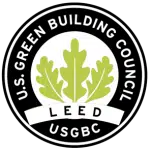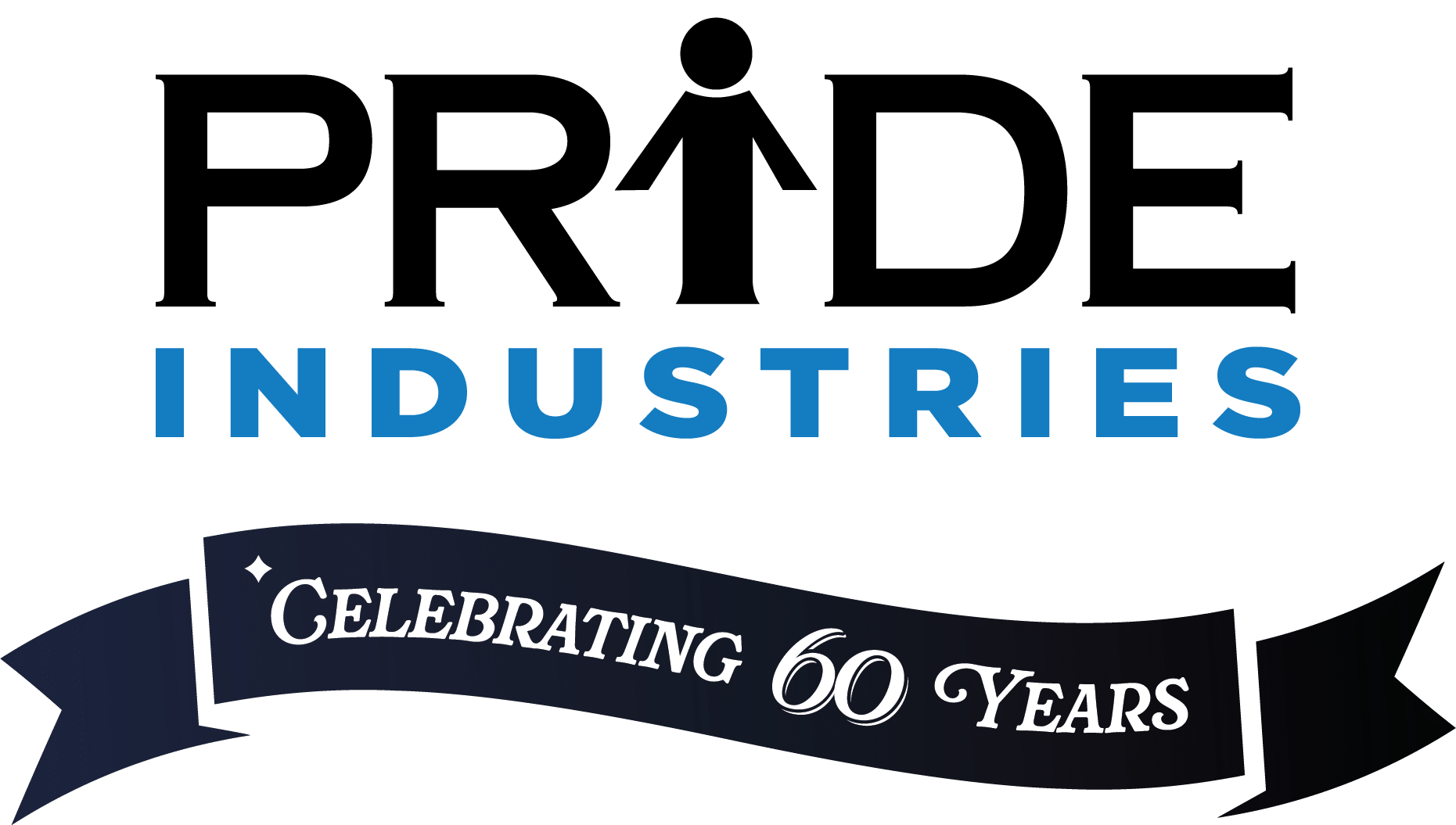Certified Backflow Testers
It goes without saying that clean, potable water is important for any facility, no matter what the business or industry. That’s why regular water system inspection, together with backflow testing and backflow certification is necessary. Back flow testing not only limits the possibility of water contamination, it’s also required by law.
To prevent contamination, most facilities have backflow preventers placed at water cross-connections where the potable water connects with a non-potable water system (e.g., the irrigation system or cooling system). The backflow preventer stops the reverse flow of non-potable water into the potable water system (which can happen due to a drop in water pressure) preventing contamination of the drinking water. Testing regularly will ensure the backflow preventer is functioning properly. PRIDE Industries’ certified technicians have the expertise to ensure your backflow prevention testing is both reliable and predictive, helping you avoid costly water incidents and pollution.

Our LEED compliant services help clients reach achievements in location, planning, sustainable site development, water savings, energy efficiency, materials selection, waste reduction, indoor environmental quality, and innovative strategies.
Water Backflow Testing Case Study

A Full Suite of Operations and Maintenance Services
When it comes to operations and maintenance, PRIDE Industries provides professionalism backed by years of experience. We offer a wide range of services with a deep level of expertise in each. From interior to exterior, energy management to structure repair, we can make sure your assets are maintained in top condition and are cost-effective.
We manage and maintain 13,000 buildings and over 140 million square feet of facilities. We do this by maintaining relationships with over 2000 specialty vendors, ensuring we always have the right resource available to resolve any operations and maintenance issue. In addition to this, we hire only certified HVAC technicians, electricians, plumbers, fire system and alarm professionals—ready to apply their expertise and knowledge for our customers’ benefit.
Across the board, whatever your facilities’ requirements are, PRIDE Industries can deliver—with expertise, excellent customer service, and a positive social impact.
Commercial HVAC Systems
Proper HVAC maintenance and repair reduces energy costs, extends the life of your systems, and maintains a healthy environment.
Architectural Systems
Keep your spaces, structures, and infrastructure in proper operating condition to prevent failure and degradation.
Asset Management
Comprehensive services that detect and resolve technical issues early to optimize operations and lower facility operating costs.
Preventative Maintenance
Smart preventive maintenance systems can reduce premature asset breakdowns, keep employees safe, and even save millions in costs.
Building Automation Systems
We provide management of your BAS or building automation system to ensure optimal efficiency and performance for your building at all times.
Fire and Life Safety
To provide the protection levels they were designed for, fire and life safety systems need to be inspected, tested and maintained on a regular basis.
Electrical Systems
We’ll help make sure your facility stays compliant with current electrical codes while preventing small electrical failures from escalating.
Energy Management
Count on our data-driven energy management solutions to keep both your buildings and your wallet green.
30% Lower OSHA Incidence Rate vs. National Industry Standard
Backflow Testing Common Questions
-
Backflow is the reverse flow of undesirable substances into potable (drinking) water. These could be fluids such as factory chemicals, water from a sprinkler system, or even gases. Mixing non-potable water or substances with potable water can seriously contaminate your drinking water. Backflow preventers are placed at cross-connectors and regularly tested to prevent this problem.
-
Backflow testing is a test of the backflow preventer. A backflow preventer prevents contamination of drinking water by stopping the reverse flow of non-potable water into the potable water system. A backflow test will ensure the preventer assembly is functioning as it should.
-
Backflow testing should be done by a certified technician using either a three- or five-valve differential test kit. Using the kit, the test is conducted in a series of steps that measure differential pressure across the check valves at the cross-connector to ensure that the relief valve opens within a specific psid range and the backflow preventer is working.
-
If backflow preventers are not functioning correctly, water backflow can occur and cause contamination of drinking water. Contaminated water can lead to serious consequences, such as someone using the water at your facility becoming ill. A water contamination problem will also cause considerable disruption to operations while water systems are shut off and the problem is rectified.
-
You may be able to tell that there is a backflow issue if the water at your facility becomes discolored or has a bad smell or taste. However, without regular checks a backflow issue could go undetected for a period of time. The best way to avoid a backflow problem is to have all your backflow preventers checked on a regular basis by a certified technician.
-
Generally, backflow testing is conducted according to the type of backflow preventer assembly. Although backflow preventers are used in apartment complexes and other multi-residential facilities, for the typical single-family home backflow preventers are not required or necessary. An exception to this would be if there is a greywater system, groundwater well, or other auxiliary water systems.
-
The purpose of backflow testing is to ensure the backflow preventer is functioning correctly and preventing backflow. See also the “What is backflow?” question above.
-
Backflow testing tests the functionality of a backflow preventer. The test involves a series of checks to ensure the preventer will stop a reverse flow of water when needed. See also “How is backflow testing done?” above.
-
Backflow testing is important because it ensures the backflow preventer is functioning as it should and will work when needed. If the backflow preventer fails when there is a drop in water pressure and backflow occurs your water supply will become contaminated.
-
Backflow preventers across your business or facility should be checked at least annually by a professional as part of your maintenance contract. This regular testing will ensure that your potable water supply does not become contaminated.
-
If have a sprinkler system for irrigation purposes it is required to be fitted with a backflow preventer that will prevent backflow. Your sprinkler system should not be at risk of backflow if a backflow preventer system is in place and tested regularly by a certified technician.
